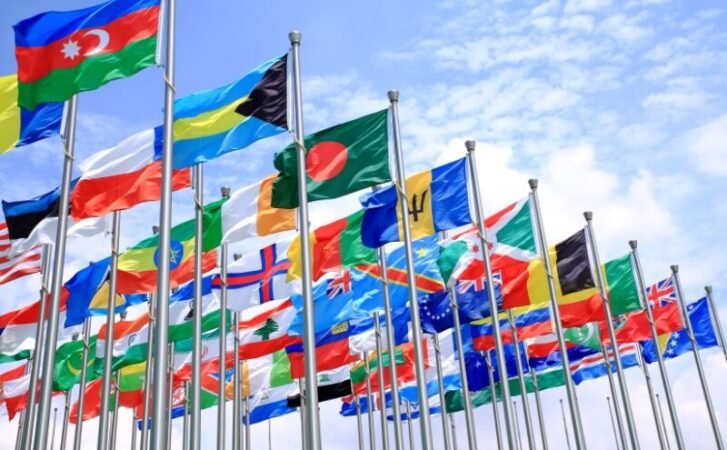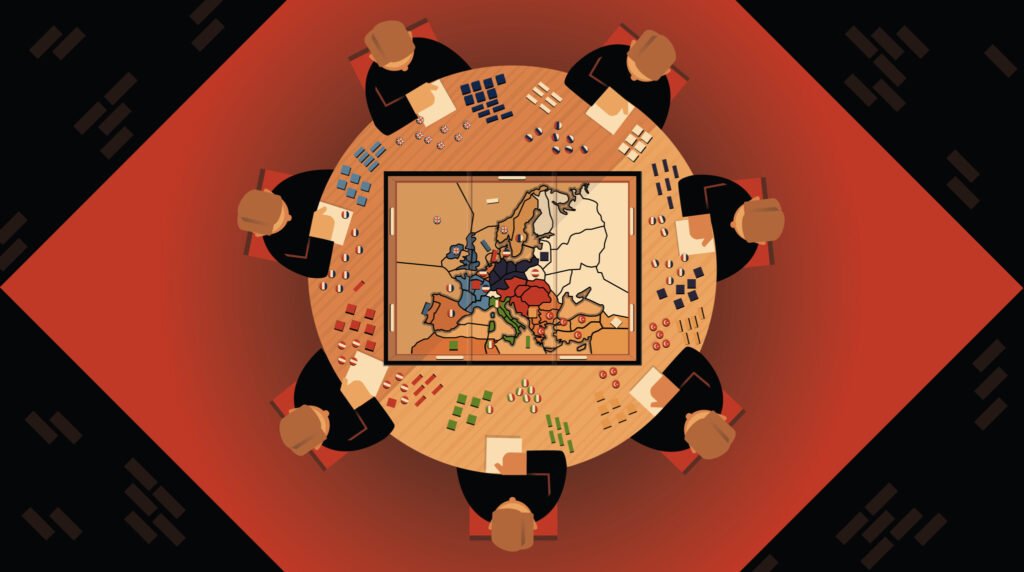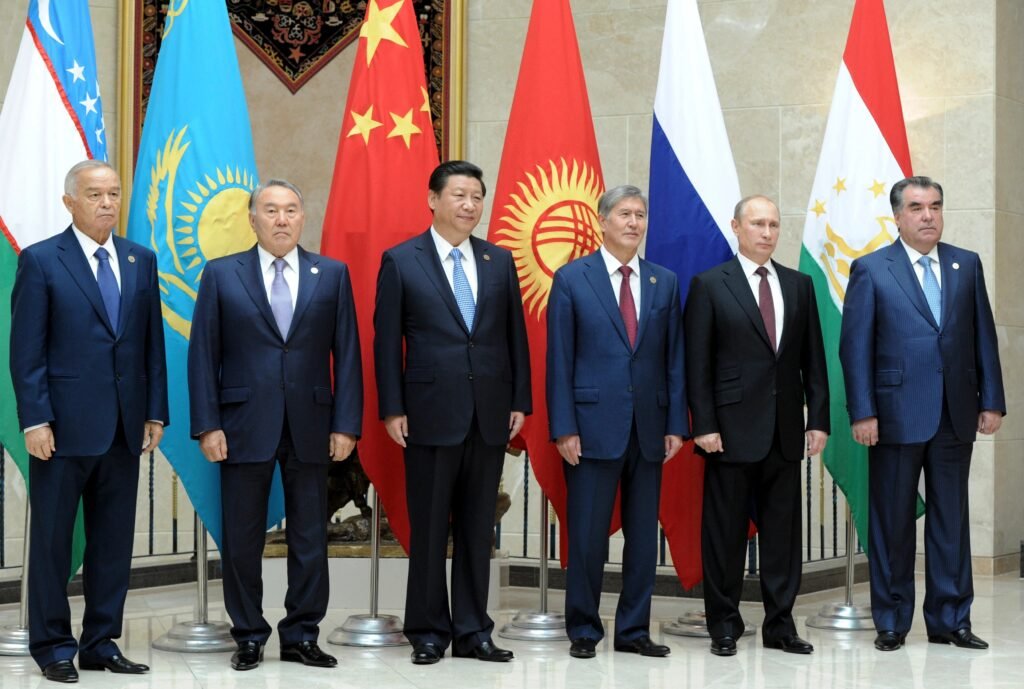Modern Diplomacy in a Complex World

It is generally agreed that modern diplomacy began with the Treaty of Westphalia of 1648 which ended the Thirty Years War one of the most destructive conflicts of then-European powers. The peace conference to end the war opened in Münster and Osnabrück in December 1644. It involved no fewer than 194 states, from the biggest to the smallest, represented by 179 plenipotentiaries. Though negotiations started in 1664 it took almost it took four years to complete the signing ceremony.
The treaty gave the Swiss independence of Austria and the Netherlands independence of Spain. The German principalities secured their autonomy. Sweden gained territory and a payment in cash, Brandenburg and Bavaria made gains too, and France acquired most of Alsace-Lorraine. The prospect of a Roman Catholic reconquest of Europe vanished forever. Protestantism was in the world to stay (Richard Cavendish Published in History Today Volume 48 Issue 10 October 1998). Analysts point out that the world today has become far more complex than it was about five hundred years back. Diplomacy does not involve only negotiations, but also image building/management, formal meetings and information-gathering. Today, it takes knowledge and experience as before. The present era is quite demanding with a complex international political system. Many factors are influencing modern diplomacy today, including the revolution in telecommunications. The history of diplomacy teaches that personal factors also play a vital role while conducting negotiations.

A renowned British diplomat and author, Ernest Sato, defined diplomacy as an application of tact and intellect to conduct significant foreign policy matters. A modern diplomat should be careful, well-informed, knowledgeable, calm, discreet and practical with an enormous sense of responsibility. To use diplomacy as an efficient tool of global good governance, stereotypes of military confrontation and ideology must be separated. Today, the task of diplomacy should not be to search for a balance of power but a balance of mutual interest. According to the cold war diplomacy stereotypes, diplomats of different states were considered opponents; each trying to get his interest at the expense of others. Certainly, the primary goal of the diplomatic mission is to achieve and protect the national interest of one’s state. Nonetheless, all strive for a common cause today, which is to attain good governance at the national as well as international level. A common aim for developing and developed countries is to secure a world free of poverty and violence, which is safe, where justice prevails. It is necessary to acquire such diplomatic policies where mutual interest is accomplished without sacrificing either’s national interest. Today’s world that is interdependent and interlinked where diplomacy need to navigate a shared set of challenges, comprising of climate change, nuclear proliferation, globalization, transnational terrorism and much more. Effective and skillful implementation of diplomacy remains the key to tackle these mutual challenges. The world should be made peaceful and conducive for the growth of the individual as well as the state.
The world should be made peaceful and conducive for the growth of the individual as well as the state. Thus, in the complex world today caused by Russian invasion of Ukraine and the support given by Xi Jin-Ping’s China and formation of a coterie which preaches anti-West rule-based world partly due to a perception of declining US suzerainty over the world and emergence of multi-polarity where collision of interests has taken priority making diplomacy more complex.

In this complex situation, Bangladesh needs a galaxy of able diplomats that can present to the world the necessity of not only a road map but also the utter need to bring up millions of people pushed into poverty and to bring the country at par with a fast-developing technological base. The World Bank is hopeful. In an assessment of Bangladesh, the World Bank reports “with technological advancement, specifically with the massive digitization in many developing countries, the pattern of migration in the international job market has been evolving with a newer dimension. More online jobs are now globally offered than ever before and the colossal pool of the technologically skilled young population of developing countries is getting access to those jobs. Digitalization not only drives technological innovation and process re-engineering to support the country’s industrial and service sector to fuel economic growth but it also acts as a driver for large-scale employment generation using digital platforms. Having benefited from the advantages of lower cost, fewer risks, and less time, many large organizations from developed economies such as the US, the UK, Japan, and Australia have been providing IT outsourcing jobs to developing and emerging digital economies like Bangladesh.
The World Bank adds “The progression towards digitization is fostered by the accelerated use of the internet in Bangladesh as the country was ranked ninth in the world in terms of internet users in 2020. Yet, there is still enormous untapped potential since internet penetration is far from the optimum level.
No comments:
Post a Comment